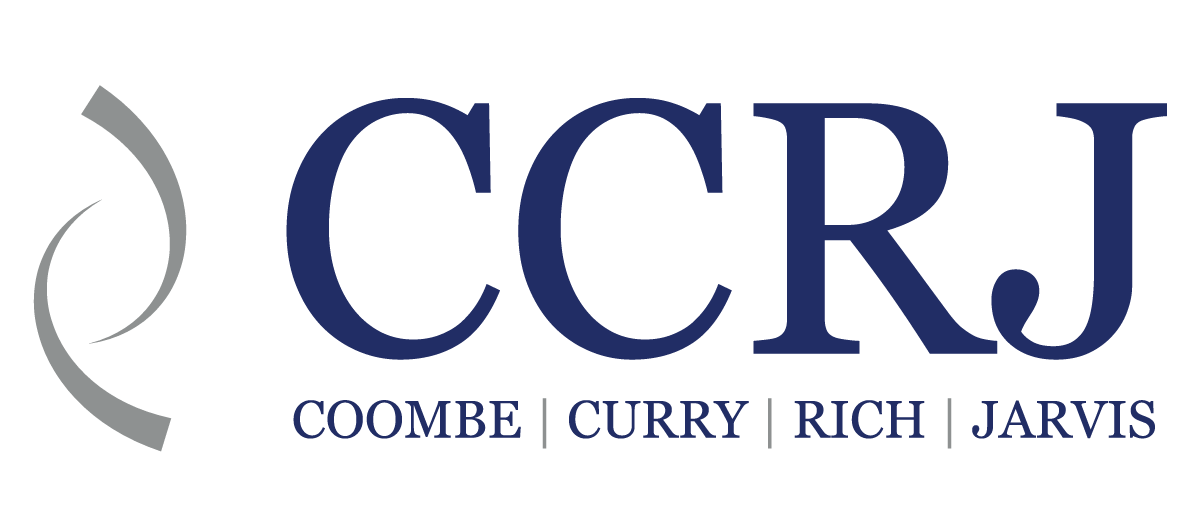A power of attorney is a written document that allows one person, often called the “principal,” to direct someone else, often called the “agent,” to act or make decisions on the principal’s behalf. The power of attorney can limit the agent’s power to specific actions, such as purchasing a car. In the alternative, it can give an agent extensive power, such as handling health care decisions, financial transactions, and legal documents. Due to the powers involved, the agent should be someone you fully trust, whether a family member, friend, or advisor.
If you have a power of attorney in place, you may want to ensure that it’s a “durable” power of attorney appointment. Why? “Durable” means that the POA continues to be effective even after the principal/designator becomes incapacitated and is no longer able to manage their finances or make medical decisions. However, if your power of attorney document does not include the term “Durable”, institutions such as hospitals or banks may not accept the document, preventing your designee from assisting with the payment of your bills or medical treatment decisions.
Without a durable power of attorney, you may be left with no one, or possibly too many, to represent your interests, such as your finances, business, or health. A durable power of attorney gives you and your loved ones clarity about what you want when you may be unable to communicate. If you or a loved one would like assistance with preparing a durable power of attorney, or have questions about protecting your future through estate planning, contact Anne McMichael ([email protected]) or Jill Curry-Jahn ([email protected]), or call 303-572-4200.

